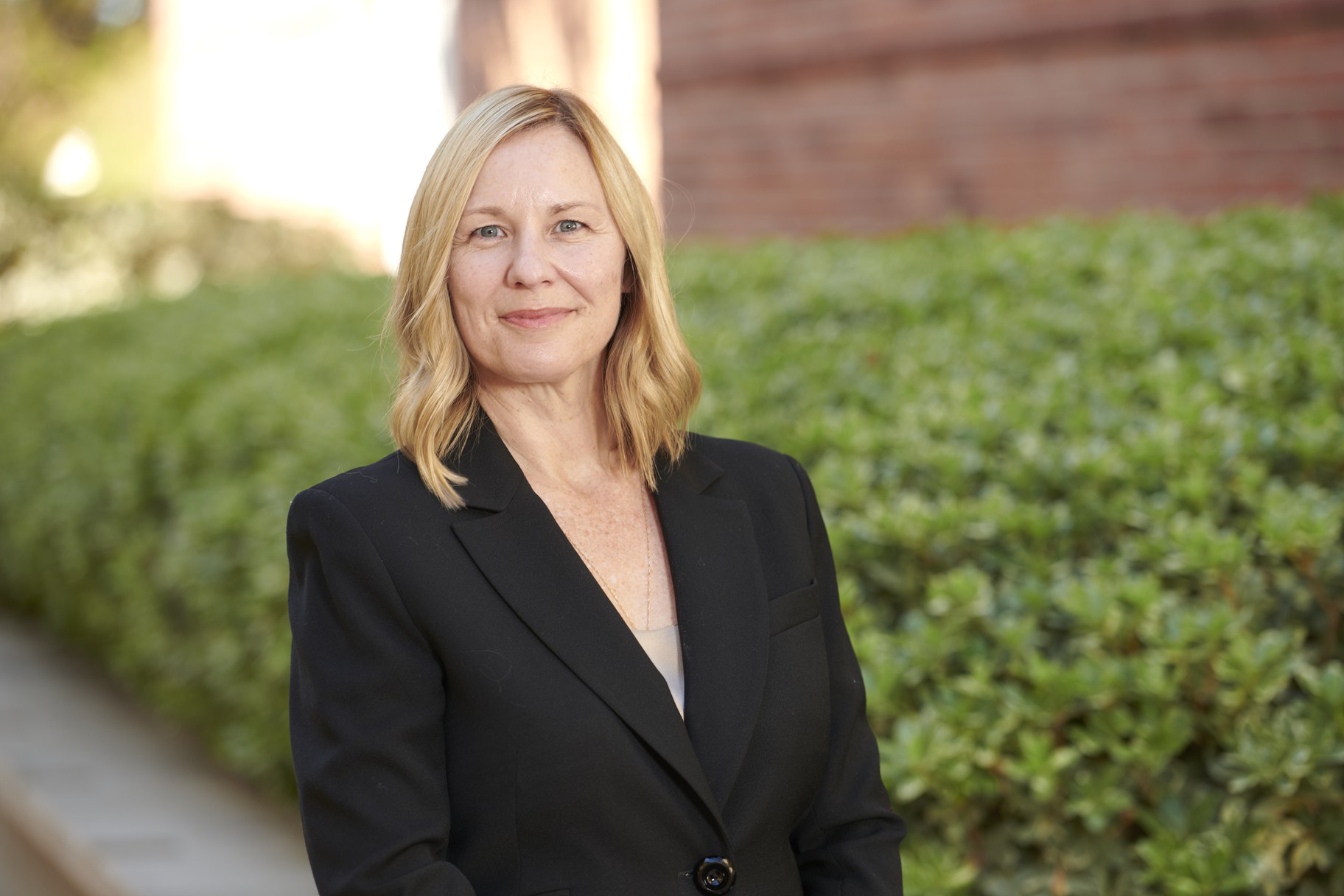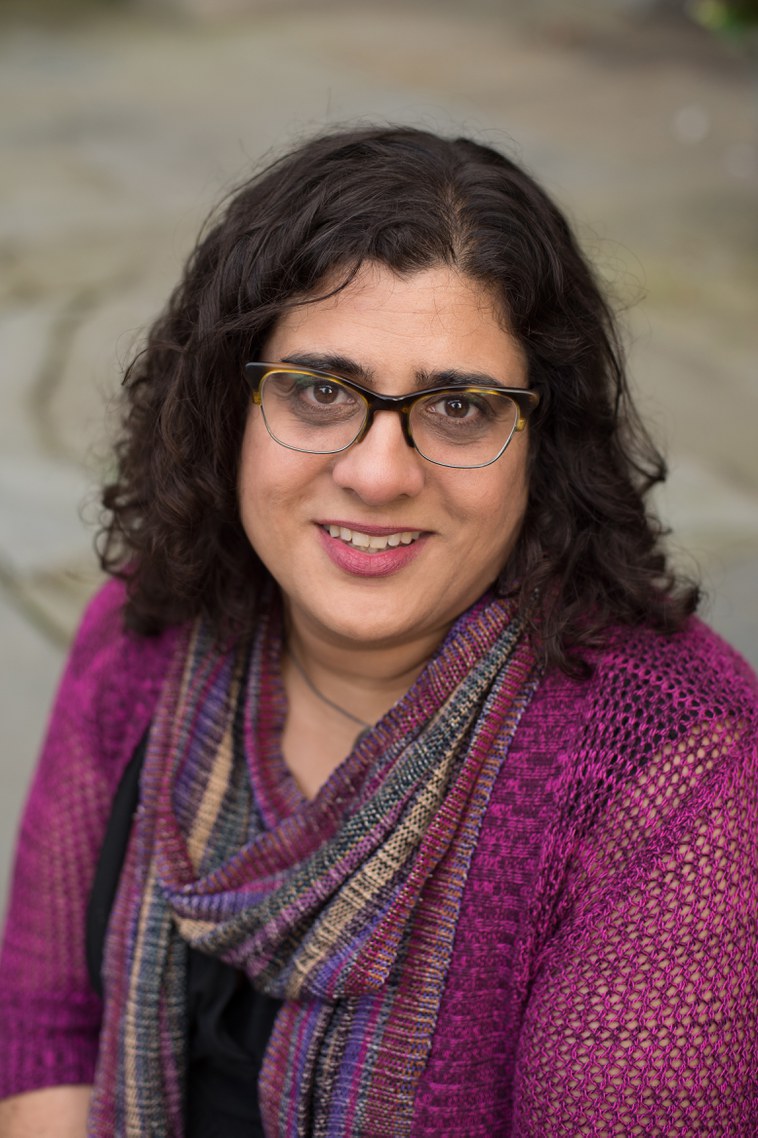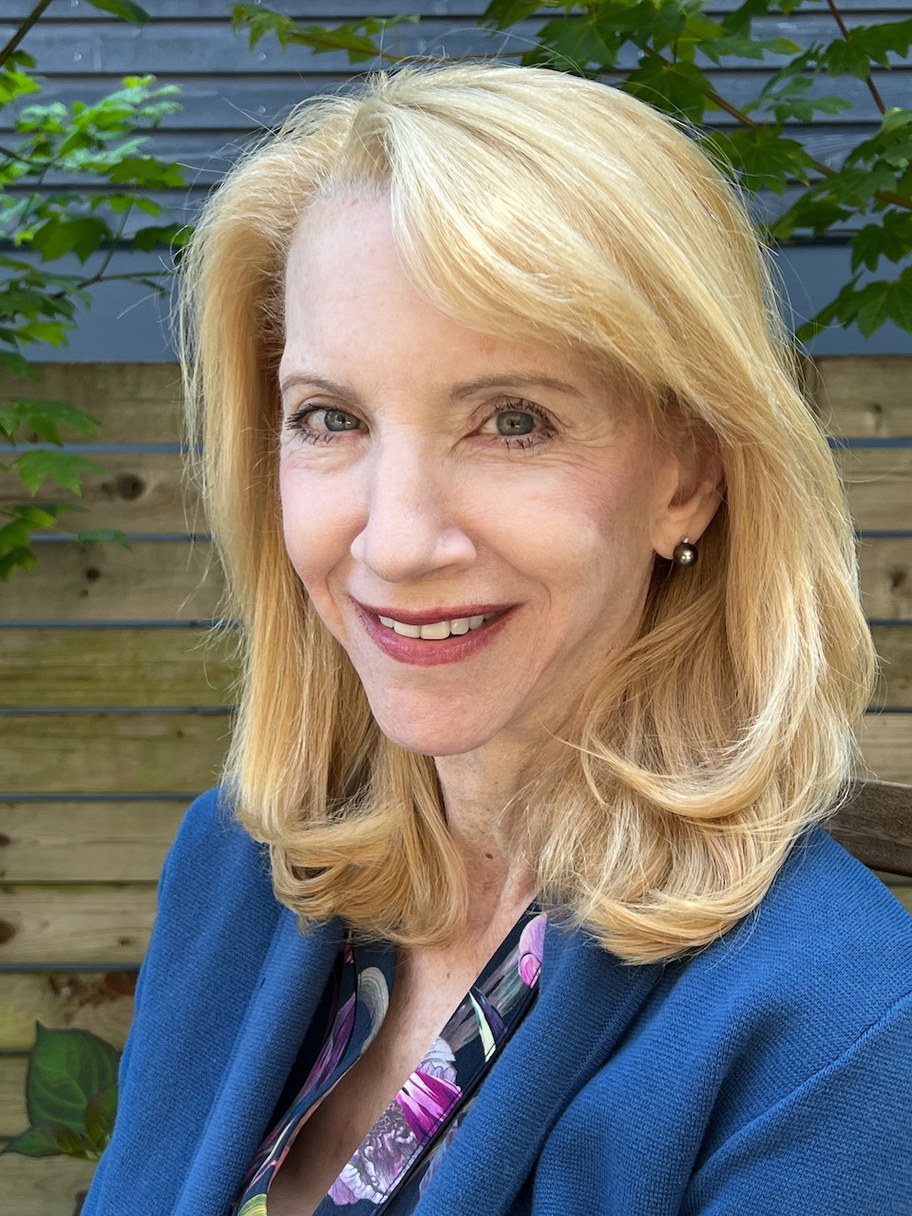Jonathan Bastian talks with Amander Clark, Professor of Molecular, Cell, and Developmental Biology at UCLA about the science of genetics and how advances in technology keep providing scientists with new insights into when human life actually begins.
Clark, who studies the very earliest stages of embryonic development, says that, “that life begins at fertilization. However, as a developmental biologist, the opinions are a little bit more diverse on where life begins, and it's more centered around when does an individual life begin. For some developmental biologists, [it’s] when an embryo is no longer capable of splitting into two different individuals, somewhere around 14 days after fertilization.”
Clark also shares how such perspectives apply to increasingly common treatments like IVF, in which are embryos fertilized outside the carrier's body.
“The answer to that is, yes, embryos are absolutely alive,” Clark says. “The question is: Are embryos a person? That's a very different type of question. And personhood is not a scientific concept — that's a philosophical concept.”

“As a scientist, we acknowledge that the egg fertilizes the sperm to form a new individual at fertilization,” says professor Amander Clark. “But to a biologist, a pregnancy doesn't occur until that embryo implants into the uterine wall.” Photo by Don Liebig
Samira Mehta, associate professor in the Department of Women and Gender Studies and director of the program in Jewish Studies at the University of Colorado in Boulder, shares her insights on human life and personhood from the perspectives of faith and religion. Mehta says it’s important to understand that there is no consensus amongst religious and Indigenous communities on when life begins.
“The [majority] of foundational Jewish texts … place the status of personhood at the moment of birth, which is usually interpreted to mean the moment at which the head is out of the birth canal,” says Mehta. “From a Catholic standpoint, the key question is of ensoulment. When does the soul enter the body? And the answer for the Catholic Church is that ensoulment happens at the moment of conception — the moment when the egg meets the sperm.”

“The question of when life begins is less relevant in traditions like Hinduism and Buddhism that think in terms of reincarnation — life is sort of never ending,” says Samira Mehta. “It doesn't begin with conception or birth, and it doesn't end with death. It's a cycle that doesn't have a clear beginning and a clear end.” Photo courtesy of Samira Mehta.
Later, Bastian speaks with philosopher Nancy Jecker, adjunct Professor of Bioethics and Humanities at the University of Washington, about the moral, societal, and practical implications of defining personhood. Jecker says that defining personhood is complex and controversial, and explains that, “the most prominent view in the West today is that personhood requires certain mental capacities, like rationality, consciousness, the capacity to suffer, perhaps self awareness.”
By that logic, how society and culture view personhood could extend to implications at the end of life as well as the beginning.
“If we view a person as someone who has the capacity to reason about morality, that has implications for whether a fetus is a person, or whether an individual who is permanently unconscious is a person,” Jecker says. 
“Is a fetus a person? Is a patient in a persistent vegetative state a person? What about my dog or another intelligent animal, say, a rat or crow?” says philosopher Nancy Jecker. “And there have been recent debates about whether certain kinds of artificially intelligent robots qualify as persons.” Photo courtesy of Nancy Jecker.
Delve deeper into life, philosophy, and what makes us human by joining the Life Examined discussion group on Facebook.
